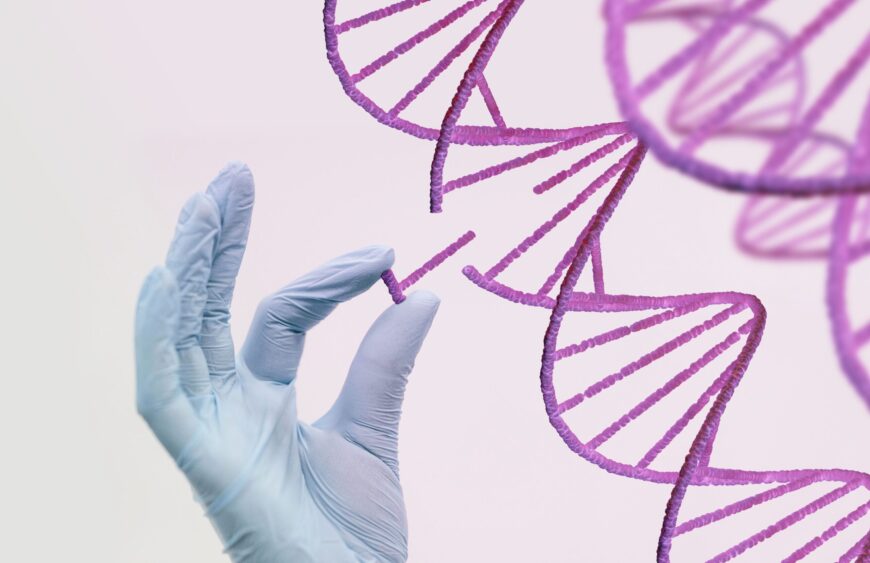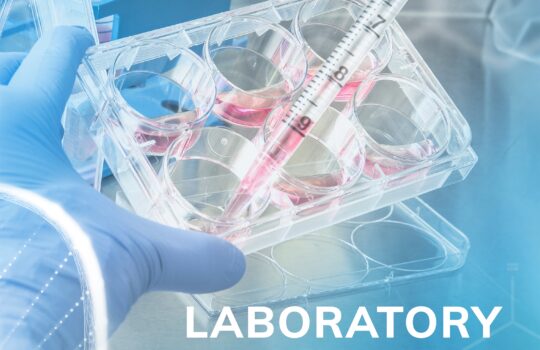CRISPR (Clustered Regularly Interspaced Short Palindromic Repeats) is a powerful gene-editing tool that has revolutionized the field of molecular biology. It is used for various applications, including:
- Gene Editing: CRISPR-Cas9, the most commonly used system, enables precise modifications in the DNA of organisms. It can remove, insert, or modify specific genes, allowing scientists to study gene functions, develop disease models, and potentially treat genetic disorders.
- Biomedical Research: CRISPR technology helps researchers investigate the role of specific genes in various biological processes. By altering genes in model organisms, scientists can gain insights into disease mechanisms, study gene interactions, and develop potential treatments.
- Disease Treatment: CRISPR offers promising prospects for treating genetic diseases. By correcting disease-causing mutations at the DNA level, CRISPR-based therapies may hold the potential to cure genetic disorders such as sickle cell anemia, cystic fibrosis, and certain types of cancer.
- Agriculture: CRISPR can enhance crop traits by precisely modifying plant genomes. This technology holds the potential to improve crop yield, nutritional content, and resistance to pests, diseases, and environmental conditions. It offers an efficient and precise alternative to traditional breeding methods.
- Drug Development: CRISPR technology aids in the discovery and development of new drugs. By targeting specific genes involved in disease processes, CRISPR enables researchers to validate potential drug targets, screen for drug candidates, and study drug resistance mechanisms.
- Disease Diagnosis: CRISPR-based diagnostic tools, such as CRISPR-Cas-based detection systems, offer rapid and precise methods for identifying specific DNA or RNA sequences associated with diseases. These tools have the potential to revolutionize disease detection and improve point-of-care diagnostics.
- Ethical Considerations: CRISPR has also sparked discussions and debates surrounding its ethical implications, particularly in regards to germline editing (altering DNA in sperm, eggs, or embryos). The ethical use of CRISPR technology continues to be a subject of ongoing research and public dialogue.
CRISPR technology has immense potential to advance scientific understanding, medical treatments, agriculture, and various other fields by providing a versatile and precise tool for genome editing and manipulation.








